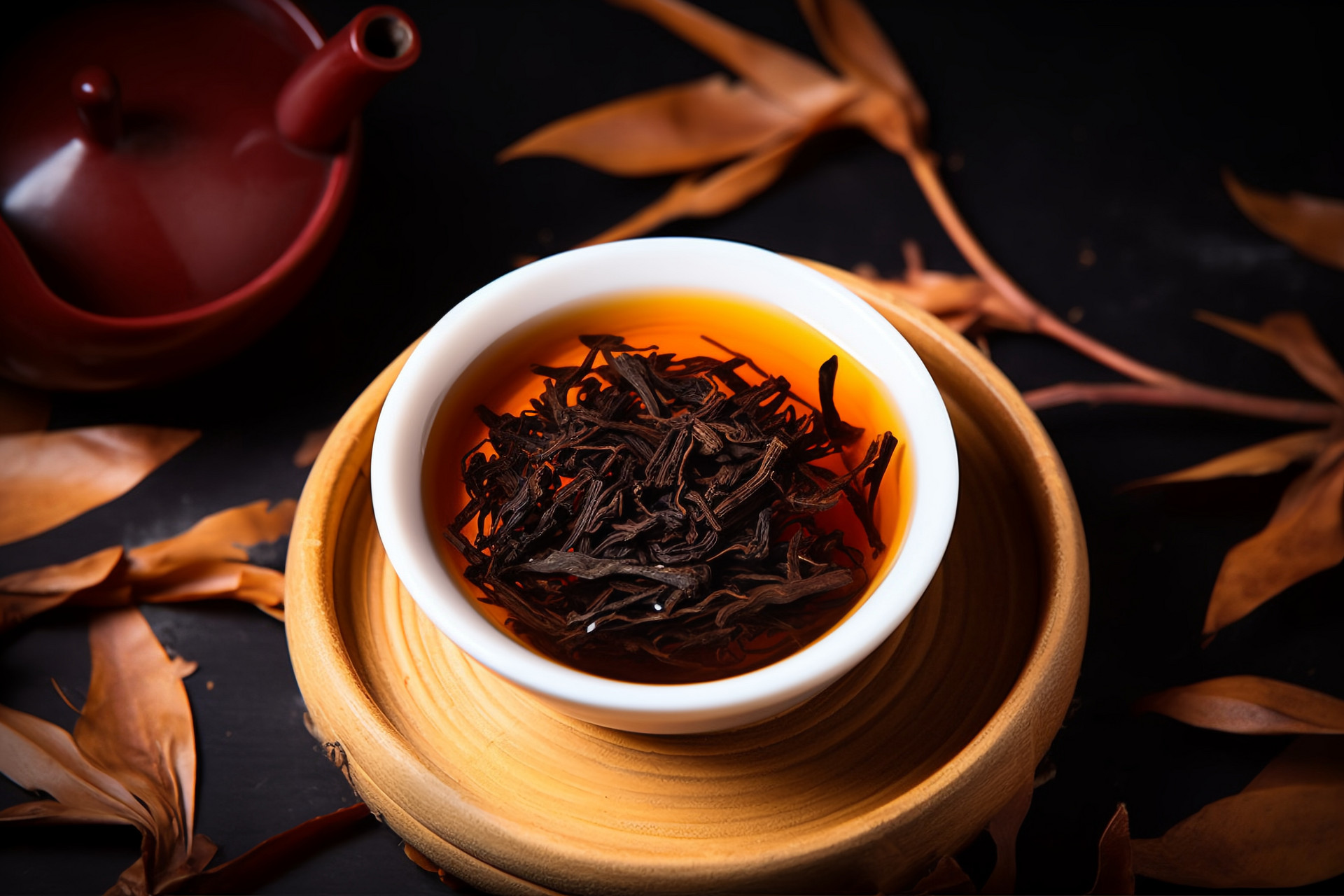- Home /
- TCM Health /
- Contents
The efficacy and effects of ginseng wine
Everyone Is Watching
-
 Chang Sheng Gu Ben Jiu: The Traditional Medicinal Wine for Longevity and Health Preservation
Chang Sheng Gu Ben Jiu: The Traditional Medicinal Wine for Longevity and Health PreservationTraditional Chinese medicine emphasizes treating the root cause of diseases, and the pursuit of longevity also starts with strengthening the foundation. In the book "Shou Shi Bao Yuan" by Gong Ti
February 7, 2024 -
 Three Saints Wine: Replenish Qi and Strengthen Spleen & Stomach
Three Saints Wine: Replenish Qi and Strengthen Spleen & StomachThree Saints Wine is a medicinal wine made from ginseng, Chinese yam, Atractylodes macrocephala, and white wine. Due to the addition of Chinese yam and Atractylodes macrocephala, which tonify the sp
December 22, 2023 -
 Can prepared rehmannia and ginseng be used to make herbal liquor?
Can prepared rehmannia and ginseng be used to make herbal liquor?I went to the pharmacy today to buy some medicinal herbs for making herbal liquor. The store clerk recommended ginseng and prepared rehmannia to me. I would like to ask if I can use prepared rehmann
November 2, 2023 -
 Can ginseng and wolfberry make wine together?
Can ginseng and wolfberry make wine together?Drinking herbal wine is a common way of health care in Chinese medicine, there are many Chinese herbs used to make wine can play a very good tonic health role, which is used more Chinese herbs are gin
September 27, 2023 -
 What is good to make wine with ginseng
What is good to make wine with ginsengGinseng is a valuable and very good tonic herbal medicine, with the function of tonic energy, maintain the function of the body, good at treating injuries caused by five strains and all deficiencies,
September 27, 2023

Hot Picks
-
 1Chestnuts and Breastfeeding: What You Need to Know
1Chestnuts and Breastfeeding: What You Need to KnowChestnuts contain amino acids, vitamins, and other nutrients, making them highly nutritious. They also have cough suppressant and diuretic properties. Can breastfeeding mothers eat chestnuts? What s
November 23, 2023 -
 2How Many Baiguo Can Cause Poisoning and How to Safely Consume it
2How Many Baiguo Can Cause Poisoning and How to Safely Consume itBaiguo, also known as ginkgo fruit, contains various nutrients and can be both consumed as food and used in medicine. It has the effects of nourishing the lungs and relieving cough. However, poisoni
November 23, 2023 -
 3Massage Therapy: An Effective Treatment for Lumbar Sprains
3Massage Therapy: An Effective Treatment for Lumbar SprainsLumbar sprains often occur in the lumbar sacral region, sacroiliac joint, and bilateral sacral spinous muscles. When the lower back is exerted too forcefully or twisted excessively, or when there is
November 22, 2023 -
 4Using Massage Therapy to Alleviate Fever Caused by Startling in Babies
4Using Massage Therapy to Alleviate Fever Caused by Startling in BabiesPediatric fever is a common condition, which can be a standalone disease or caused by various illnesses. Some babies may even experience fever as a result of being startled. Many parents prefer to use
November 20, 2023 -
 5Massage Techniques for Mumps: Relieving Swelling and Pain
5Massage Techniques for Mumps: Relieving Swelling and PainMumps is an acute infectious disease caused by external pathogenic wind-heat toxins, which block the Shaoyang meridian and accumulate in the cheeks. Its clinical features include fever and diffuse s
November 20, 2023

